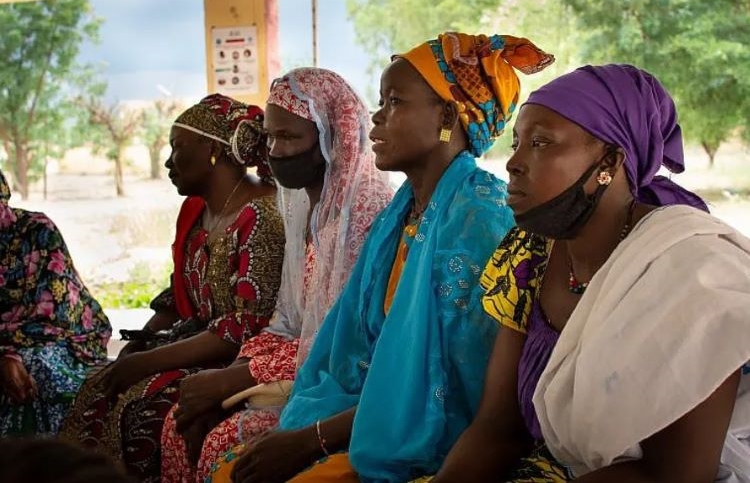Eduardo González
The Minister of Foreign Affairs, José Manuel Albares, will preside today in Madrid the III General Assembly of the Sahel Alliance, whose celebration coincides with the growing concern for the future of Mali and the rise of the Russian presence in the region.
The 26 members of the Sahel Alliance and its partners meet at ministerial level through their General Assembly, which is held once a year and whose objective is to take stock of the past year, strengthen dialogue with G5 partners and determine strategic guidelines for the coming year in order to better respond to the needs and priorities of the area, the Ministry reported.
This year, the third General Assembly will be chaired by Spain and will be held at the Ministry’s headquarters in Madrid’s Plaza Marqués de Salamanca. “This exercise will make it possible to give an account of the achievements made by the Alliance in 2021 and to establish strategic guidelines to ensure the continuity and reinforcement of interventions in the field of development in order to achieve a lasting improvement in the living conditions of the Sahel populations, in a complex political and security context,” Foreign Affairs continued. At the end of the Assembly, Albares will appear at a joint press conference with Mahamat Hamid Koua, President of the G5 Sahel Council of Ministers and Chadian Minister of Economy, Development Planning and International Cooperation.
The Sahel Alliance, the body that coordinates development funds going to the G5 Sahel countries, was created in July 2017 by France, Germany and the EU, along with the African Development Bank and the United Nations Development Program (UNDP). Numerous countries, including Spain, have since joined this initiative. The Alliance currently brings together 26 bilateral and multilateral partners, 17 as full members and nine as observers. The former Minister of Foreign Affairs, Arancha Gonzalez Laya, assumed the rotating presidency of the Sahel Alliance General Assembly on June 24, 2020.
The holding of the third Assembly comes at a delicate time for security in the Sahel because of the situation in Mali. Last February, France and other allied countries announced the withdrawal of their troops in this country involved in the international missions Barkhane -for the fight against terrorism- and Takuba -formed by special units from different European countries- due to their disagreements with the military junta in Bamako and in protest against the presence in the country of the Russian mercenaries of the Wagner Group.
Spain is not part of these missions, but currently provides the largest contingent (500 soldiers, 24% of the total) of the European training mission EUTM Mali. Spain has repeatedly insisted that any decision on this mission must be taken by the EU as a whole and has warned that a hasty withdrawal from Mali could degenerate into “another Afghanistan”, in addition to leaving an empty space that could be occupied by other powers, such as China or Russia, in this case through the Wagner Group.
On March 21, EU foreign ministers in Brussels decided to give themselves “a little more time” before deciding whether or not to continue the European mission, while waiting for the EU’s High Representative for Foreign and Security Policy, Josep Borrell, “to receive, if he receives, a response to his communications with the military junta in Mali”, as Albares stated during the press conference. Once that response arrives, EU governments will have to “decide whether the conditions are in place to stay on the ground and decide whether the Malian government is showing definite signs of moving forward with its democratic transition and what it expects from the mission.”
During the recent NATO summit held on March 24 in Brussels, which was almost exclusively devoted to the Russian invasion of Ukraine, Prime Minister Pedro Sánchez reiterated his support for strengthening the deterrence and defense posture on the Eastern Flank, but also called for the same interest to be given to the Southern Flank and the “destabilizing potential” represented by Russia’s growing presence in the Sahel. “The South is also the East,” he stressed.





